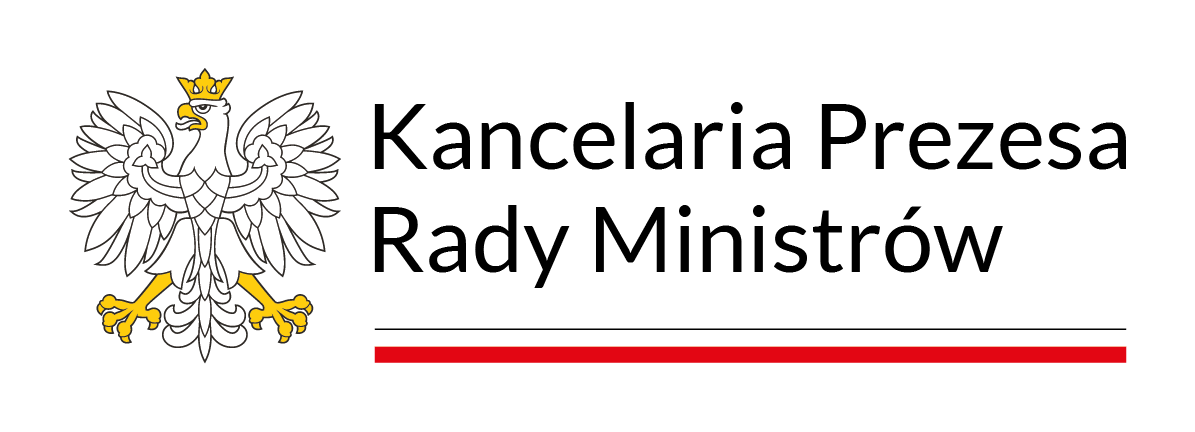Poland brought an action for annulment before the EU Court of Justice
11.03.2021
Today Poland brought before the EU Court of Justice an action for annulment of the regulation on a general regime of conditionality for the protection of the Union budget, claiming it to be incompatible with the EU Treaties.

Since 2018, Poland has consistently negatively assessed the draft of this regulation and did not support it even after the amendment to the legislative procedure in the Council.
In our opinion this regulation has no legal basis in the Treaties, encroaches upon the competences of the Member States and infringes the EU law. Payments from the EU budget can only be conditional upon meeting objective and precise criteria that are unequivocally set out in the provisions of law.
The European Council in December 2020 adopted conclusions that met all expectations of Poland concerning application of the regulation. In line with these conclusions the European Commission committed herself to binding guidelines which guarantee that the regulation shall not be applied arbitrarily. This refers in particular to the rule according to which withholding of EU funds can take place only in case of established damage or serious risk to the EU budget. Nevertheless, adoption of the conclusions does not alter the overall negative assessment of legality of the ambiguous legal provisions enshrined in the contested regulation. Poland believes that the conclusions of the European Council make it even more necessary to launch the legality control of the regulation. Our country is of the opinion that the content of the regulation as such is incompatible with EU law.
The Union has competence neither to define the notion of "rule of law" nor to set out the criteria for the assessment whether the rule of law is respected. Although the rule of law is a value common to all Member States, its precise meaning cannot be determined by arbitrary decisions, without taking into account national identities and the differences in the legal systems and legal traditions.
Because Member States obligations concerning the respect of the rule of law have not been unequivocally set out in legal provisions, the assessment of Member States' adherence to this value cannot condition payments from the EU budget. Such assessment will inevitably be arbitrary and therefore not free from political considerations. Thereby the regulation infringes the principle of legal certainty and the principle of equal treatment of Member States.
Member States adherence to the rule of law can only be assessed on a treaty basis and in accordance with the procedures established therein. Competence to make such assessment belongs to the Council and to the European Council on the basis of Article 7 TEU. The adoption of the regulation resulted in the establishment of a new assessment procedure, not provided for in the treaties and circumventing the treaty assessment procedures.
The provisions of the contested regulations lack precision and therefore are susceptible to politicisation and arbitrary interpretation. It creates serious risks of arbitrary application of the act. It is hazardous not only for Poland, but also for the whole European Union. One of the substantive components of the rule of law is the principle of legal certainty. Poland’s action for annulment expresses the desire for this principle to be respected.
The political link between the draft regulation and the MFF, given the broad support of Member States for the MFF, never allowed for rejecting of the legislative proposal of the regulation which has been proceeded under the ordinary legislative procedure.
Poland’s reservations from the very beginning are shared by Hungary, which lodges its own action for annulment of the regulation today, simultaneously with Poland. However it needs to be stressed, that the action for the annulment is not aimed at protecting particular interests of certain Member states, but comes from the conviction that by way of introducing mechanism that is contrary to the Treaties and infringes the principle of conferral, the contested regulation violates the general interest of the Union.
